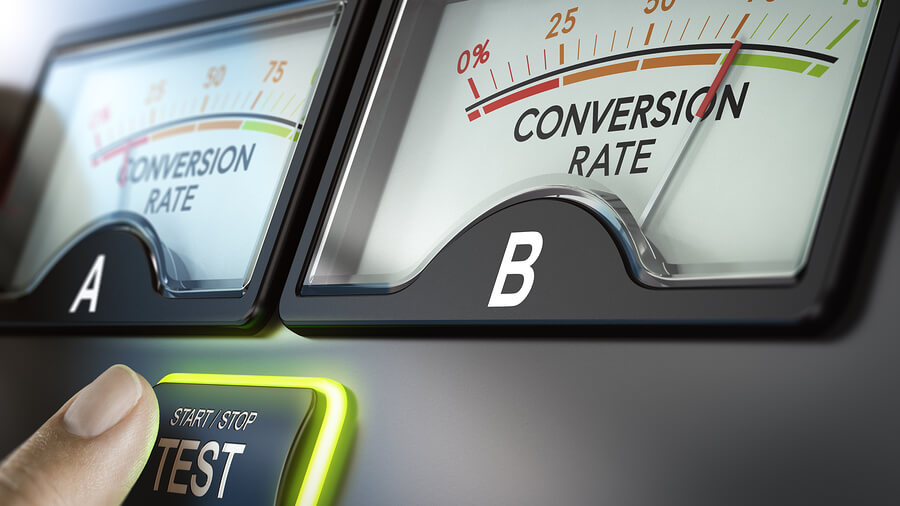
DOSMs: It’s time to start reporting the whole picture.
NB: This is an article from Tambourine
One of the biggest challenges hotel DOSMs face when reporting to ownership is understanding how much importance to give digital marketing.
Should digital marketing efforts get all the credit when things are up?
Should digital marketing take all the blame when things are down?
Is it making any impact at all?
To answer these questions, it’s important to first ask this: What does a digital marketing report actually tell us?
A good marketing report will reveal increases in revenue from the website year over year. It will convey whether the property is up in terms of site traffic and entrances into booking engines.
But will it provide clear insight into how the market is performing?
Not directly.
Will it show how many bookings came from phone calls?
Not directly.
Will it let you know if you’ve suffered a wave of negative reviews?
Not at all.
Then, if the digital marketing report doesn’t tell the full story, what role does it play?
A digital marketing report is directional. It’s not gospel.
If you report on digital marketing in a vacuum, without the proper context, you could be steering your ship in the wrong direction.
So how do you put the digital marketing report back into context?
To do that, you need to look back at the fundamentals of marketing.
THE FOUR P’S OF MARKETING
Price
Your direct revenue is only as good as your revenue management. Rate parity is not controlled by marketing. Hotel revenue managers are making important decisions regarding rate every single day.
They not only affect whether a consumer books direct, but whether a consumer books at all.
And new tools like Metasearch Advertising are only making the revenue manager’s job more transparent and more impactful to the bottom-line results.
That’s why it’s so important to have revenue management in the room.
Having revenue management and marketing in the same room during a down month shouldn’t be about finger-pointing or trying to determine who did what wrong.
It should be about understanding and correcting course.
Reporting is a team sport. Revenue management and marketing should go into the quarter as a team. And they should come out of the quarter as a team. And they should report to ownership as a team.
Product
The product is another element that could be impacting your hotel’s performance. At the end of the day, it’s the product and service that matters most to customers.
Take a look at those reviews.
Are people complaining about how outdated the rooms are? How do you compare to competitors?
This is crucial product intelligence that brings a lot of context to your overall hotel performance.
There’s only so much marketing can do for a faulty product plagued by bad reviews. Sharing that public sentiment with ownership—alongside hard performance metrics—shows a much more complete picture of the dynamics at play.
And isn’t that the point of an ownership report? The purpose is to help ownership understand what’s truly going on with their asset and to set realistic expectations moving forward.
Place
Another factor impacting property performance could be the market. What’s your STR Report looking like? Is the market up, down, or static? How are you doing in comparison?
There may be broader trends happening that could have a major impact on a hotel’s performance, regardless of savvy marketing strategies.
The market’s performance cannot and should not be ignored.
Analyzing what’s happening in the market can help lessen the sting of underperformance, while also giving a clearer sense of what success looks like.
For instance, if the market is down 5% and you’re only down 2%, isn’t that cause for celebration?
Yes, you’re down, but marketing can’t be held accountable for overall market conditions.
And it works in reverse: if the market is up 5% and your hotel is down 3%, that’s a much better indicator that something is amiss with marketing or the product.
Promotion
This is where the job of marketing comes in. Their job is to create targeted campaigns and deploy targeted messaging in order to increase brand awareness as well as direct bookings.
How does marketing measure itself? There are several indicators that help marketing understand the quality of the consumer they are driving to the website.
For example, entrances into the booking engine and conversion rates can determine how far down the funnel the audiences you are targeting are.
If the quality is bad, marketing can shift tactics. If the quality is good, that indicates marketing is heading in the right direction. Maybe it’s time to double down and increase funding?
Everything marketing does is directional. It has to be, because marketing is not in control of the phone operator who fields phone calls. They aren’t in control of the reviews that are swaying people to stay elsewhere.
Marketing is not in control of a bad booking environment.
If marketing is delivering highly qualified entrances into the booking engine, ultimately they’re doing their job. It is, after all, one of the few things in their control.
Remember, reporting is a team sport. It’s not just about up or down metrics. It’s never that simple. In order to navigate those complexities, hotel marketers need to be willing to acknowledge those complexities as a team.
Only then can we start to understand them.




